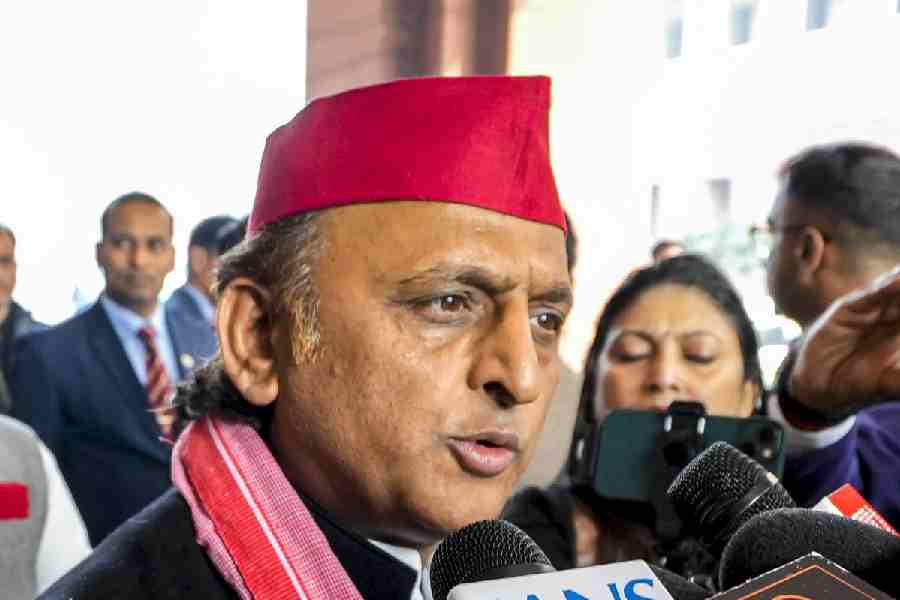 |
| Pant: Austerity drive |
New Delhi, Jan 22: As part of the run-up to the budget exercise, the Planning Commission has prepared a study for Prime Minister Atal Bihari Vajpayee on reforming its subsidy regime as a whole and on slashing its mounting food and fertiliser subsidy bill in particular.
Subsidy on these two counts alone is expected to go up to a whopping Rs 25,000 crore in the current fiscal itself.
To cut back, the study says the minimum support price paid to farmers in western Uttar Pradesh, Punjab, Haryana and Andhra should now be linked to the food stock in the government’s silos.
If it has more than what it requires, prices should be reduced as a disincentive to plant too many acres of wheat or rice. If it has less then prices should be hiked.
Currently, the ever-increasing food subsidy payouts, mainly through annual increases in minimum support price paid to farmers, has meant a huge food mountain of nearly 60 million tonnes.
The food stockpile itself is to be liquidated through an extensive food for work programme which would concentrate on buidling infrastructure for the social sector.
The report, which plan panel deputy chairman K. C. Pant is likely to take up with the Prime Minister, also calls for an overhaul of the rationing system, shutting out all above-the-poverty line people from it and instead expanding the below-the-poverty line category for the rationing system by including the lower middle class in it.
The study also shows that more than half of the fertiliser subsidy goes to corporate and the farmers get only a marginal benefit from it. Consequently, the plan panel wants the government to abolish the current system of retention prices paid to fertiliser firms.
Instead it wants to pay a flat rate subsidy to all fertiliser manufacturers, depending on how much fertiliser they have sold. Besides, credit coupons can be given to poor farmers to buy fertiliser at even lower costs.
As a matter of policy, the plan panel study says government should concentrate on subsidising high merit goods — like elementary education, primary healthcare, prevention and control of widespread diseases, social welfare and nutrition, soil, ecology and environment. It should also spend, but with far lower emphasis on low merit goods like higher education, family welfare, urban development, farm research, meteorology, census, atomic and space research. It should focus least on economic subsidies which it describes as de-merit subsidies.










